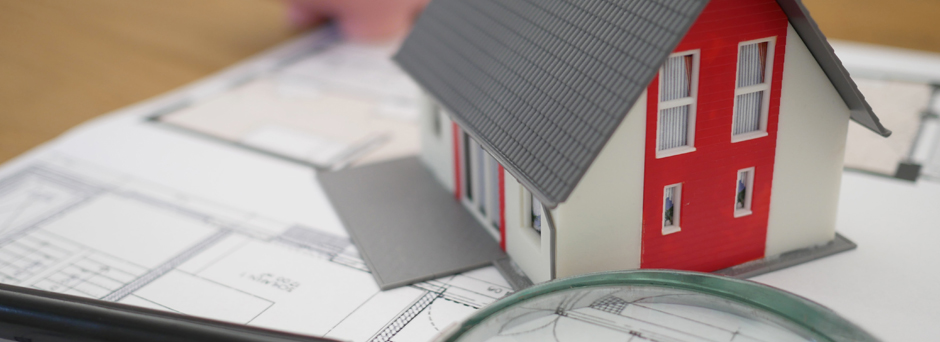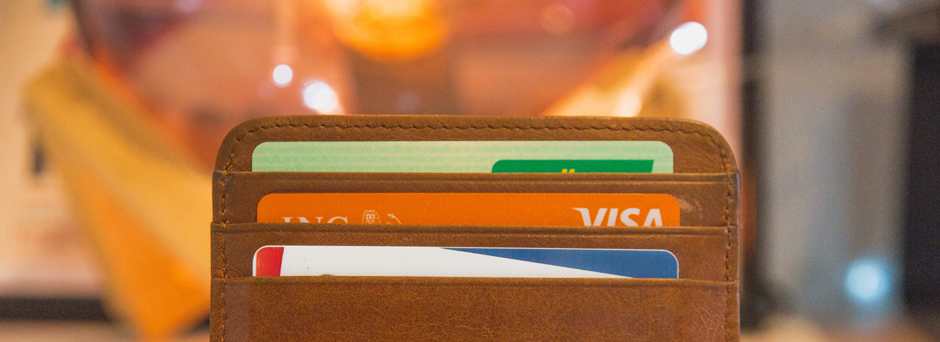Anne-Marie Saint-John, Alva, Long Island City, NY >
What is Credit?
Credit means that you are using someone else’s money to pay for something. It also means that you are making a promise to repay the money. For example, if you take out a loan to buy a car, you are using money from the finance company to buy the car, and you are promising to pay the company by sending you a sum of money each month. A car loan is an example of an installment sale.

There are many different types of credit, and each of them has their own payment options:
- Credit for installment purchases. With installment credit, a contract is signed to repay a fixed amount of the loan in equal payments over a period of time. Examples: home or auto credit.
- Revolving credit. This gives you the option of paying your debt in full or making minimum payments each month. As you pay, you are available again to reapply for a new loan. Examples: bank credit cards or department store credit cards.
- Accounts open for 30 days. These bills must be paid in full each month. Examples: travel and entertainment cards.

You can also use secured or unsecured credit.
Secured Credit: This means that something of value, also known as collateral, must be provided to guarantee the payment of your debt. If you are late in payments, the lender can take possession of the item of value that originally guaranteed the debt. For example, a mortgage loan is a type of secured credit. Your house serves as collateral for the loan. If you don’t repay the loan on time, the lender can keep your home. Other examples include car loans, pawnshops, and title loans.
Unsecured credit: This means that you do not have to present anything of value to guarantee the loan payment. Unsecured credit allows you to buy items on credit in exchange for your promise to pay the creditor. The creditor does not have any collateral, only a promise that you will pay him. They cannot come later to take away your car or house to make you pay your credit card bill. Examples of unsecured credit include credit card debt, medical debt, and personal loans.


